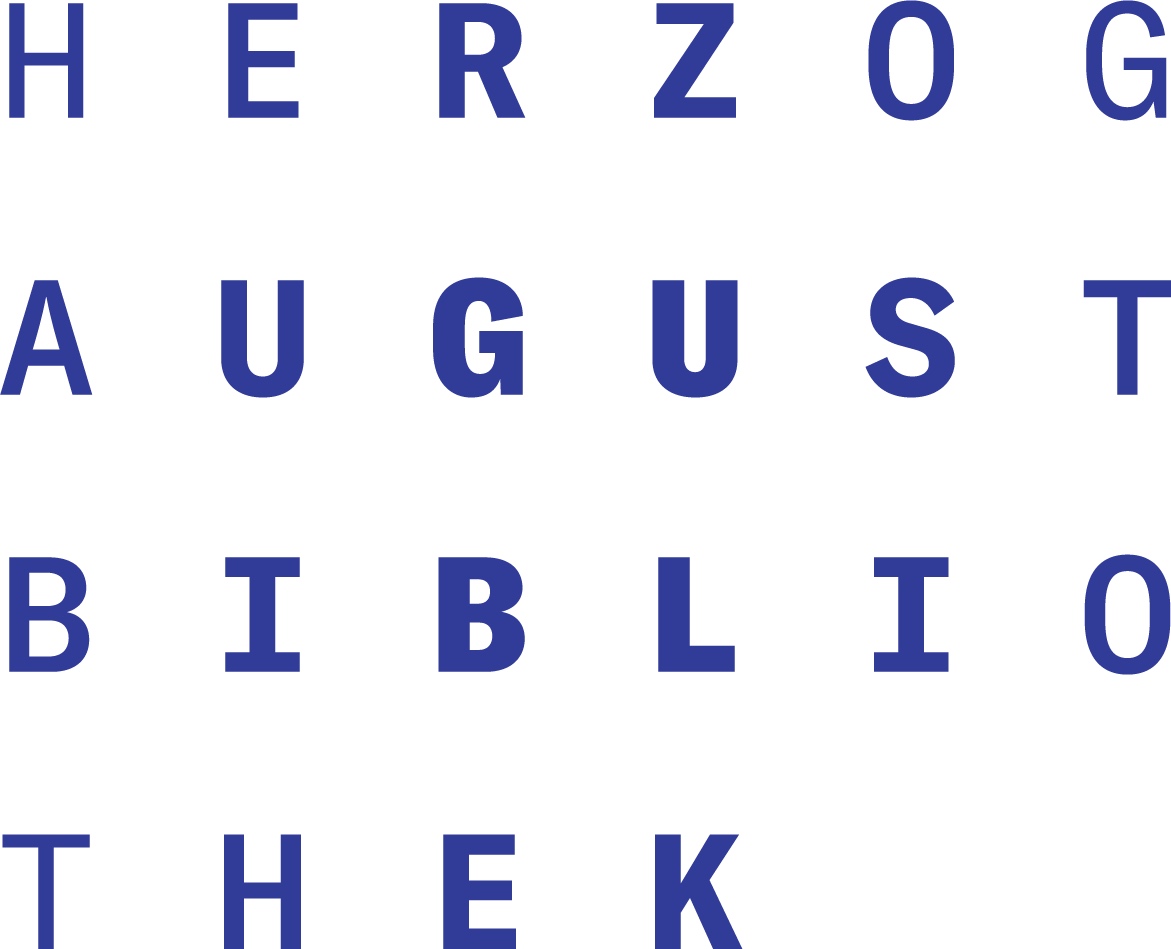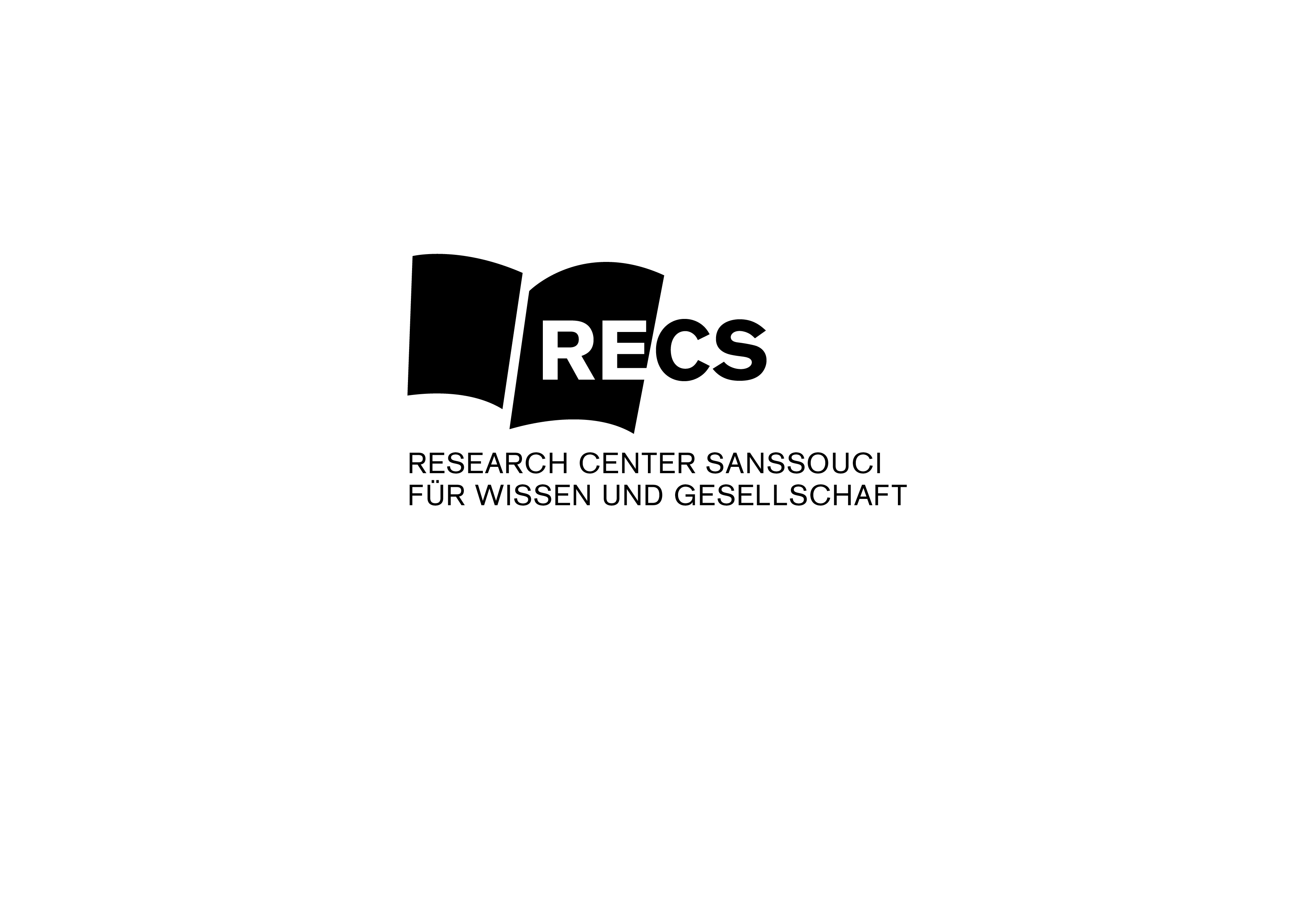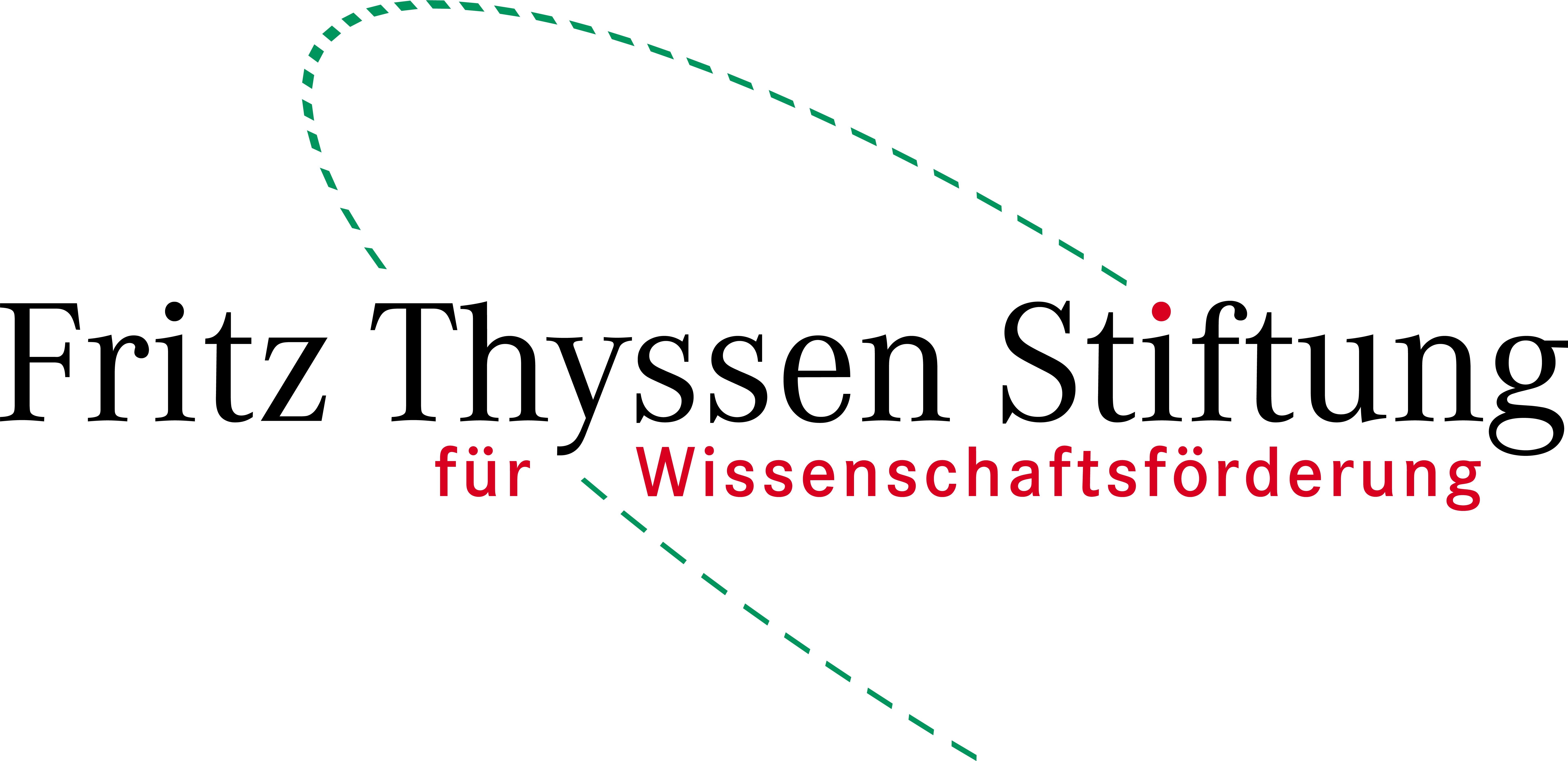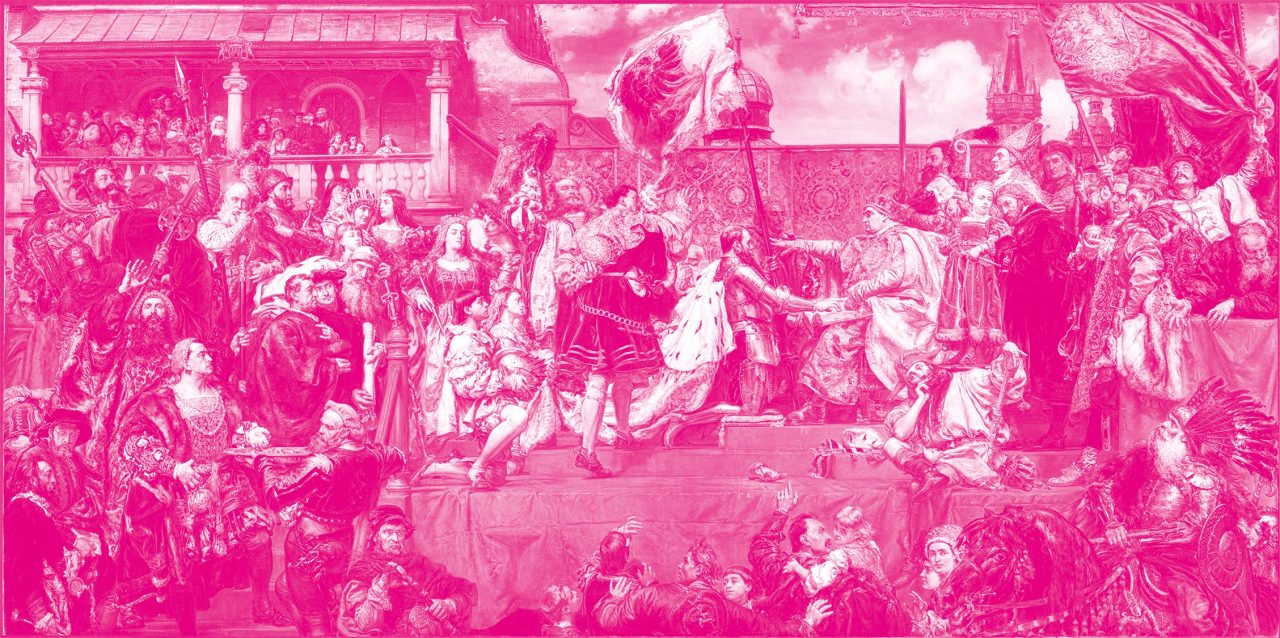No Prussia without Poland!
{{ time.start_TS | TS2dateFormat('MMM') }}
{{ time.start_TS | TS2dateFormat('YYYY') }}
| 8 EUR, reduced 4 EUR |
| Please book your ticket in advance online or at the box office at the Foyer. |
| 14 years and older |
| German |
| Ground Floor, Hall 3 |
| Part of: SITE SPECIFICS |
500 years ago, Albrecht von Hohenzollern, the last Grand Master of the Teutonic Order, paid homage to the Polish king. This established the Hohenzollerns’ rule over the new Duchy of Prussia. The creation of a Prussian state was to have a decisive influence on German-Polish relations for centuries to come.
As part of a conference to commemorate the event of 1525, the SITE SPECIFICS event will look at the effects of this centuries-long history of interdependence between Poland-Lithuania and Brandenburg-Prussia up to the time of Nationalism and more recent political developments.
What differences were and are there in the assessment of ‘1525’ in Germany and Poland? Can aspects of this history of relations be emphasised on the occasion of the anniversary that are otherwise hardly publicly present? What significance do the relations between the pre-modern multi-confessional states of Poland-Lithuania and Brandenburg-Prussia have for current German-Polish relations?
At a central location of Prussian-Polish history, the site of the historic Berlin Palace, we invite you to a discussion with experts from Poland and Germany.
The discussion will be moderated by Dr Judith Prokasky, Stiftung Humboldt Forum im Berliner Schloss.
Prusy bez Polski nie żyją!
500 lat Historii Prus i Stosunków Polsko-Niemieckich
500 lat temu ostatni Wielki Mistrz Zakonu Krzyżackiego, Albrycht z Hohenzollernów, złożył hołd lenny polskiemu królowi. Ustanowiło to panowanie Hohenzollernów nad nowym Księstwem Pruskim, które pozostawało pod zwierzchnictwem Królestwa Polskiego przez ponad 130 lat.
W ramach konferencji upamiętającej wydarzenie z 1525 r., dyskusja panelowa ‘wizyta na miejscu’ przyjrzy się skutkom wielowiekowej historii współzależności między Polską a Litwą oraz Brandenburgią i Prusami aż do czasów nacjonalizmu i nowszych wydarzeń politycznych.
Jakie były i są różnice w ocenie roku 1525 w Niemczech i w Polsce? Czy z okazji jubileuszu można podkreślić te aspekty historii stosunków, które w przeciwnym razie nie są publicznie obecne? Jakie znaczenie dla obecnych stosunków polsko-niemieckich mają relacje między nowoczesnymi wielowyznaniowymi państwami Polski i Litwy oraz Brandenburgii i Prus?
W centralnym miejscu prusko-polskiej historii, na terenie historycznego Pałacu Berlińskiego, zapraszamy na wymianę z ekspertami z Polski i Niemiec.
Participants
Professor Dr hab. Peter Oliver Loew has been Director of the German Institute of Polish Affairs in Darmstadt and Honorary Professor at the Technische Universität Darmstadt since 2019. He received his doctorate from the Free University of Berlin in 2001 and habilitated at TU Dresden in 2014. His research focuses on the history of German-Polish relations, Gdansk and Pomerania as well as the culture of remembrance in Central and Eastern Europe.
Professor Dr Igor Kąkolewski has been Director of the Centre for Historical Research of the Polish Academy of Sciences in Berlin and Associate Professor at the University of Warmia and Mazury in Olsztyn since 2011. He heads the Polish side of the German-Polish history book project ‘Europa – Unsere Geschichte’ (‘Europe – Our History’) and previously worked at the German Historical Institute in Warsaw, among other places. His research focuses on Polish and European history of the early modern period, German-Polish relations, cultures of remembrance and history didactics.
PD Dr Maciej Ptaszyński works at the Faculty of History at the University of Warsaw and completed his habilitation in 2019 after studying in Warsaw, Berlin and Greifswald. His research and teaching visits have taken him to Mainz and Frankfurt am Main, among other places. He specialises in the history of the Reformation, the history of Christianity in the modern age and political theories of the modern era.
PD Dr Agnieszka Pufelska is a research associate at the Northeast Institute of the University of Hamburg (Lüneburg) and a private lecturer at the University of Potsdam. The cultural historian specialises in the history of German-Polish cultural ties and modern Jewish history. She has published on topics including anti-Semitism, images of history and national identity constructions. She is currently researching the appropriation of Prussian cultural heritage in Polish museums.
Partner



funded by

